Words and rules : the ingredients of language
4.5
Reviews from our users

You Can Ask your questions from this book's AI after Login
Each download or ask from book AI costs 2 points. To earn more free points, please visit the Points Guide Page and complete some valuable actions.Related Refrences:
Introduction to Words and Rules: The Ingredients of Language
Language, one of humanity's most remarkable inventions, is beautifully complex, teeming with patterns that reflect the mechanics of thought and culture. In Words and Rules: The Ingredients of Language, Steven Pinker bridges the fields of linguistics, psychology, and cognitive science to explore how humans understand and produce language. Revolving around one of the central mysteries of human cognition—how language arises—this book unpacks the systematic interaction of words and grammatical rules in shaping our capacity to communicate.
Designed to be both accessible and intellectually invigorating, Pinker’s work delves deep into the dual nature of language: irregular verbs whose forms we memorize word-for-word, and regular verbs governed by predictable rules. The result is a gripping investigation of what these dual mechanisms reveal about language, memory, and the human mind itself.
Detailed Summary of the Book
At the heart of Words and Rules lies the question: How does the mind produce language? Pinker tackles this by examining the brain's handling of verbs, those workhorses of grammar. He explains how verbs fall into two categories—regular and irregular. Regular verbs follow a predictable past-tense rule, like "walk" becoming "walked." Irregular verbs, on the other hand, resist these tidy rules and instead rely on memory, like "go" becoming "went."
The book uses this distinction as a lens to understand broader principles. Pinker looks at how children learn language, revealing the early experiments of overgeneralization (e.g., saying "goed" instead of "went") that demonstrate their grasp of rules before they memorize irregular forms. Additionally, he examines neural studies showing how different parts of the brain are responsible for regular and irregular verb processing, hinting at a physical basis for the "words and rules" framework.
Beyond just verbs, Pinker extends the discussion to explore language evolution, neuroscientific discoveries in linguistics, and how these theories apply across multiple languages. Through detailed case studies and lively anecdotes, Words and Rules presents an elegant synthesis of empirical research, theoretical insights, and relatable examples.
Key Takeaways
- Language reflects the interplay between memory (words) and computation (rules).
- Children's language mistakes (like "comed" or "runned") are evidence of mental rule-building in action.
- Irregular verbs require exception-based memory, while regular verbs rely on built-in grammatical rules.
- The dual-system model offers insights not only into language but also into how the brain processes information.
- Understanding verbs and morphology can shed light on the evolution of human cognition and the uniqueness of our species.
Famous Quotes from the Book
- "Language is the most complex thing that humans do, but it comes so naturally to us that we rarely stop to think about it."
- "The exquisite interplay between words as memories and rules as computations offers a glimpse into the machinery of the human mind."
- "The child is not just learning a language but is unwittingly inventing one."
- "Irregulars are the fossils of language, carrying the imprints of its history, while regular patterns are its ever-evolving architecture."
- "Words and rules show us that the mind is neither a simple dictionary nor a rigid grammar book but something in between."
Why This Book Matters
Words and Rules: The Ingredients of Language matters because it connects everyday experiences—such as making grammatical mistakes or hearing a child's first words—with profound questions about the mind and brain. It's a testament to human curiosity about how we think, communicate, and learn. By examining the fundamental components of language, Pinker also contributes to fields as diverse as artificial intelligence, education, and cognitive neuroscience.
The book holds particular appeal for anyone fascinated by language in all its forms: linguists intrigued by morphology, psychologists interested in development, and lay readers seeking a deeper appreciation of how language shapes thought. It challenges us to see language not as an opaque ability but as a transparent window into human nature and cultural history.
Through its balance of storytelling, rigorous data, and elegant theory, Words and Rules enriches our understanding of what makes us uniquely human.
Free Direct Download
You Can Download this book after Login
Accessing books through legal platforms and public libraries not only supports the rights of authors and publishers but also contributes to the sustainability of reading culture. Before downloading, please take a moment to consider these options.
Find this book on other platforms:
WorldCat helps you find books in libraries worldwide.
See ratings, reviews, and discussions on Goodreads.
Find and buy rare or used books on AbeBooks.
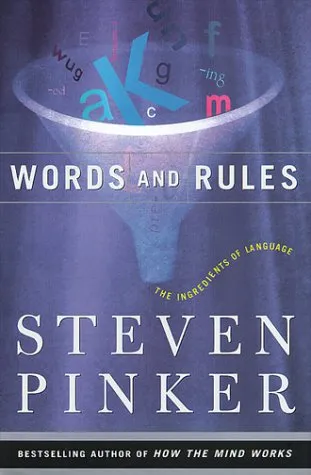
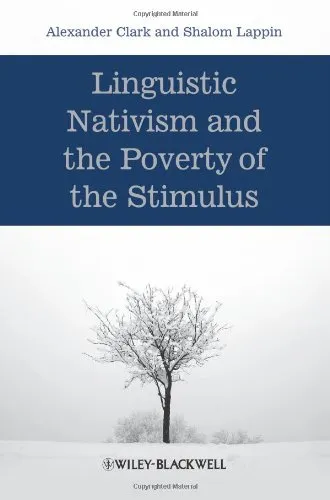

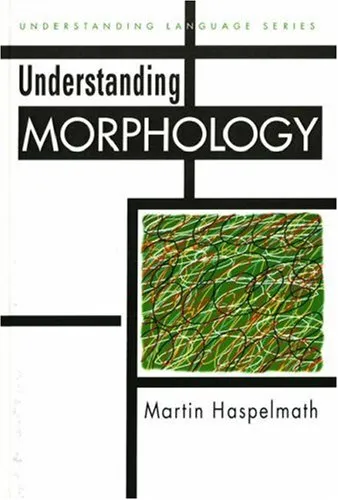
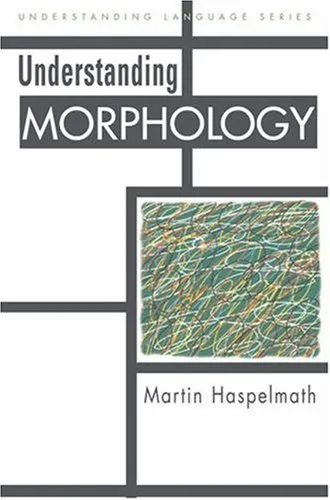

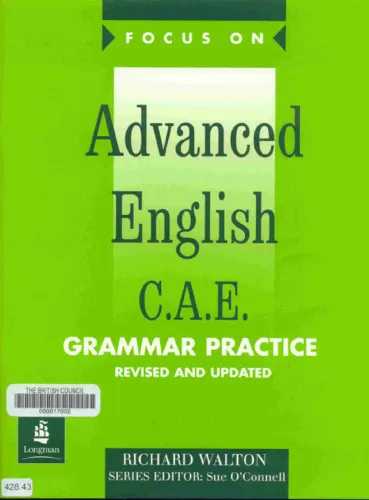





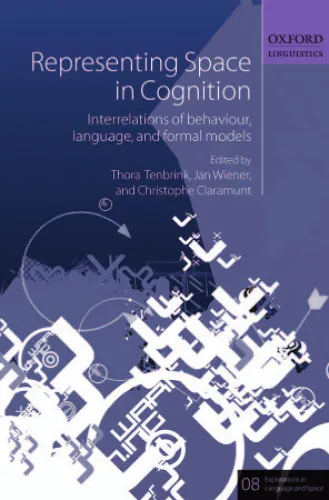
![Studies in Generative Grammar [SGG]; 142](https://s3.refhub.ir/images/thumb/Studies_in_Generative_Grammar__SGG___142_45571.webp)
